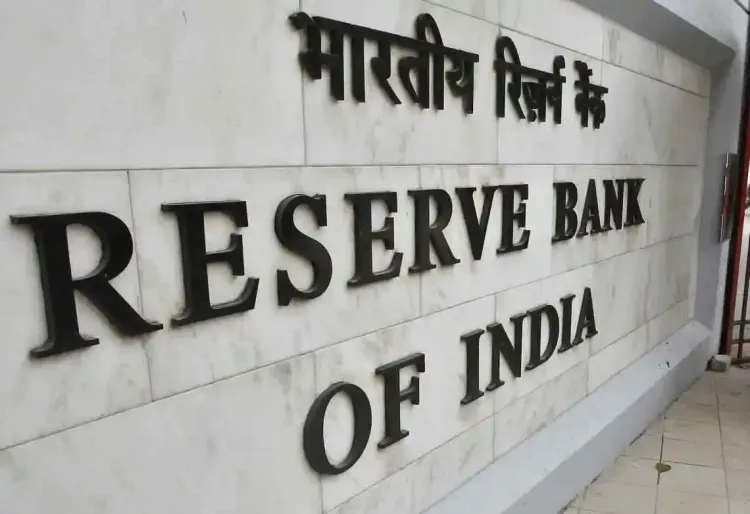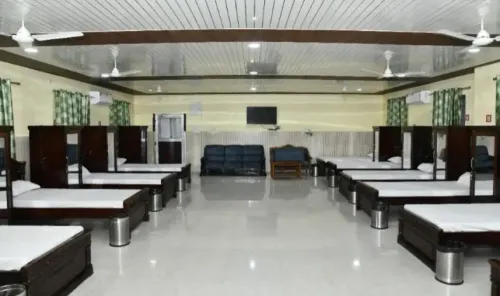What Are the RBI's New Project Finance Guidelines?

Synopsis
Key Takeaways
- New provisions effective from October 1, 2025
- 1.25% general provision for CRE during construction
- Lower provisions for operational projects
- Additional provisions required for project delays
- Early identification of credit issues is crucial
Mumbai, June 19 (NationPress) The Reserve Bank of India (RBI) unveiled its final guidelines for project finance on Thursday, offering banks some respite by considerably reducing the provisioning requirements that were previously suggested.
These updated regulations will come into effect on October 1, 2025.
According to the final rules, banks are now required to maintain a general provision of 1.25 percent for loans dedicated to Commercial Real Estate (CRE) projects during their construction phase.
For Commercial Real Estate – Residential Housing (CRE-RH) projects, the provision is set at 1 percent.
Additionally, all other project loans during construction will also necessitate a provision of 1 percent.
Once the project is operational and begins loan repayments, the provisioning requirements will be further reduced.
Banks will then need to hold only 1 percent for CRE projects, 0.75 percent for CRE-RH, and 0.40 percent for all other project loans.
These figures are a significant decrease from the earlier draft guidelines, which suggested a 5 percent provision during the construction phase.
The draft had also recommended a reduction to 2.5 percent once the project became operational, and ultimately to 1 percent after sufficient cash flow was generated for loan repayments.
Previously, the RBI hinted that the implementation of the new rules might be postponed.
In February, then Financial Services Secretary Sanjay Malhotra mentioned that the final framework might not be enacted before March 31, 2026.
However, the central bank has now confirmed that these new regulations will indeed be effective from October 2025.
The guidelines also specify that if the date of commencement of commercial operations (DCCO) is delayed yet still classified as a standard loan, further provisions will be necessary.
For infrastructure projects, banks must allocate an additional 0.375 percent for each quarter of delay.
For non-infrastructure projects, including CRE and CRE-RH, the additional provision will be 0.5625 percent per quarter.
The RBI has also instructed banks to closely monitor project progress during the construction phase and to detect any early signs of stress.
If any credit issues arise, banks must develop a resolution plan without delay, and such credit events must be reported promptly to the Central Repository of Information on Large Credit (CRILC) in both weekly and main reports.
In the event of a credit occurrence, banks are required to initiate a preliminary review of the borrower’s account within 30 days of the issue date, as per RBI directives.










